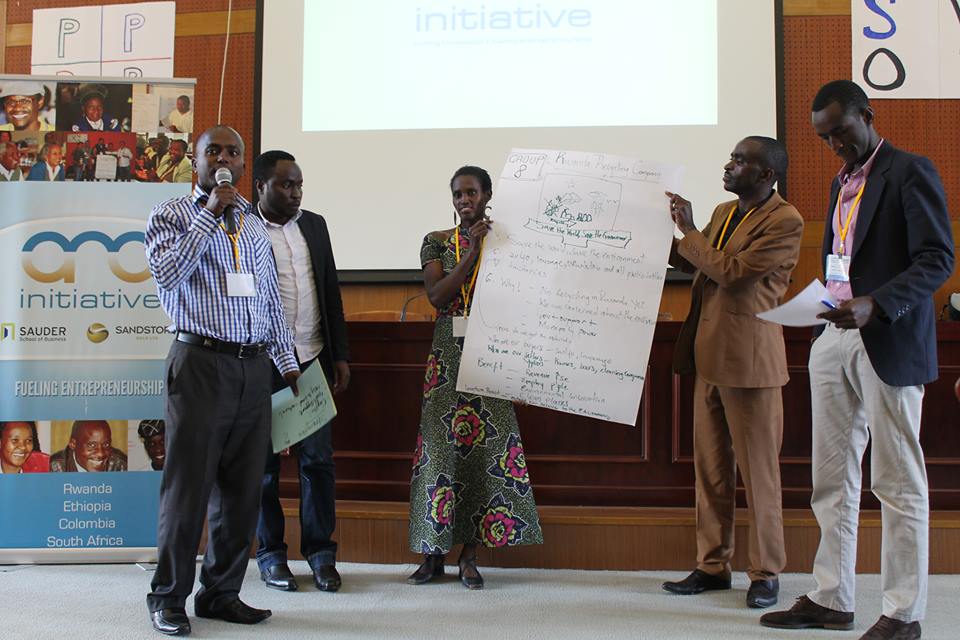The Case for Social Enterprises and the United Nations
Whether it is to maintain peace throughout the world, or act as a platform to better the living standards of the poor, the United Nations (UN) has certainly made progress towards global economic progress. In my opinion, there are two major reasons why we still need social enterprises like the Arc Initiative even if the UN was fully funded.
1. UN’s various social service provisions are constrained within a specific community
When I think about the UN, the first thing that comes to my mind is its development programme. For example, the UN has raised millions of dollars in donation to rebuild Haiti. Yet, the outcome of the donations, thus its social impact, is only limited to the Haitian population. Although any short-term social services provided help alleviate affected social groups from the issue at hand, I think it’s important to remember that rebuilding Haiti, for example, does not guarantee all Haitians equal benefits. With multiple areas hit by the earthquake, it remains increasingly difficult for the UN to serve all affected population.
In my opinion, in the long-run, not only are social enterprises the key to driving sustainable social change, but also to implement models that can be replicated on a global scale. In turn, this amplifies its social impact.
2. UN’s effort only maintains the equilibrium
One way I came to understand the need for social enterprises is by linking their outcome with a new and superior equilibrium. Yes, a fully funded UN presents vast opportunities to support and stabilize countries. But in my view, the UN simply improves the situation within the existing equilibrium. So without a strong educational platform that prepares the poor to advance in the long-term, I don’t think it’s enough to have a fully funded UN. Evidently, social enterprises create social value propositions; therefore, forming a new equilibrium. And the works of social enterprises promise marginalized communities a better future. The Arc Initiative’s hands-on mentoring approach, for instance, develops a two-way flow of learning and encouraging entrepreneurial action.
Having the UN fully funded is only the first step to address prevailing issues in the short-term. The world can’t stop there – because in seeking a triple bottom line, we need social enterprises that build social value propositions, disrupt the status quo and create a new equilibrium. That’s why I believe we still need social enterprises to promote systemic social change, maximize results and minimize inequalities for the marginalized.
